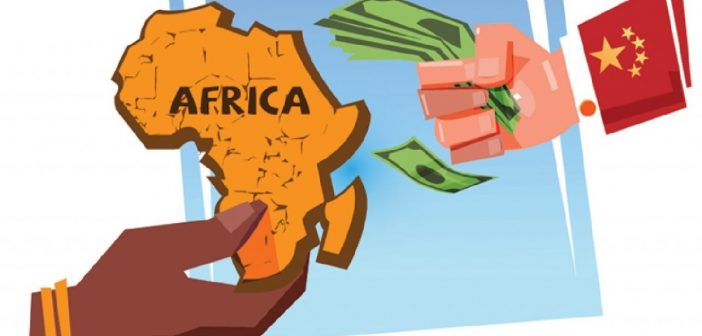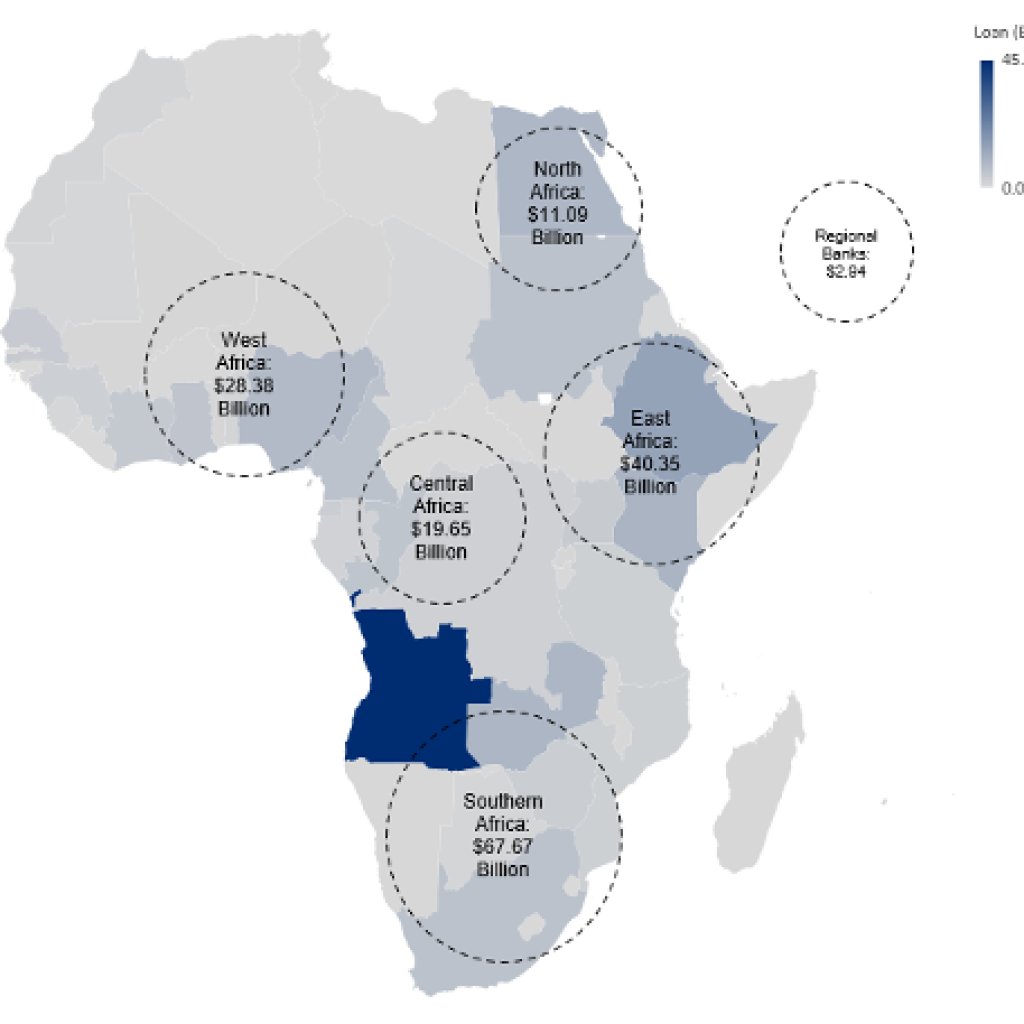China extended a warm welcome to African leaders on Monday, hoping to strengthen its relationship with the resource-rich continent it has lent billions of dollars for infrastructure and development.
With over a dozen leaders and delegations attending, Beijing has said that this week’s China-Africa summit will be its biggest diplomatic gathering since the Covid-19 pandemic.
China has utilized the abundant natural resources of Africa, such as copper, gold, lithium, and rare earth minerals, while sending hundreds of thousands of laborers there to construct its massive projects. Its massive loans to the continent have fueled debate by burdening the governments with enormous debts, but they have also built infrastructure.
According to Chinese official media, bilateral trade between China and Africa reached $167.8 billion in the first half of this year, making China the continent’s greatest trading partner and the second-largest economy in the world.
A “joining hands for a brighter future”

Beijing is well guarded, with signs announcing that China and the continent are “joining hands for a brighter future” adorning the streets and bus stops.
President Cyril Ramaphosa of South Africa is among the dignitaries in the capital. He came early on Monday for a four-day tour, which also includes a stop in Shenzhen, a silicon hub in the south.
China-South Africa trade reached a record high of $38.8 billion in 2023, the South African presidency reported.
Ramaphosa’s office announced that he will lay a wreath “in honor of Chinese revolutionaries” on Tiananmen Square and participate in a welcoming ceremony on Monday at Beijing’s elaborate Great Hall of People.
It was also stated that the two nations will sign many agreements aimed at “enhancing economic cooperation and the implementation of technical cooperation”.
Expanding in influence

According to official news agency Xinhua, President Xi Jinping and Felix Tshisekedi of the Democratic Republic of the Congo met on Monday.
China is a major player in the Democratic Republic of the Congo (DRC), where it is eager to exploit abundant natural resources like copper, gold, lithium, and rare earth minerals.
However, it has struggled with national security; in July, for example, local sources told foreign media that at least four Chinese nationals were slain in a militia attack on a mining site in the gold-rich Ituri province.
On Sunday and Monday, leaders from Equatorial Guinea, Nigeria, Mali, and Djibouti, which is home to China’s first overseas military post, also arrived in Beijing.
The Chinese Loans to Africa Database’s analysis indicates that last year’s loans from Beijing to African countries were at their highest level in five years. Angola, Ethiopia, Egypt, Nigeria, and Kenya were the top five borrowers.
However, the data indicated that loans had significantly decreased from their peak in 2016, when they amounted to about $30 billion.
Additionally, according to analysts, a growing number of loans were made to regional banks, assisting in preventing “exposing Chinese creditors to credit risks associated with those countries”.
Analysts claim Beijing is becoming less willing to spend large amounts of money due to the country’s economic slump.
African leaders are watching the growing great power rivalry between China and the US over resources and influence on the continent as they prepare for this week’s summit.
China is perceived by Washington as having a negative effect, thus it has issued warnings. China aims to “advance its own narrow commercial and geopolitical interests (and) undermine transparency and openness,” according to a 2022 White House report.


